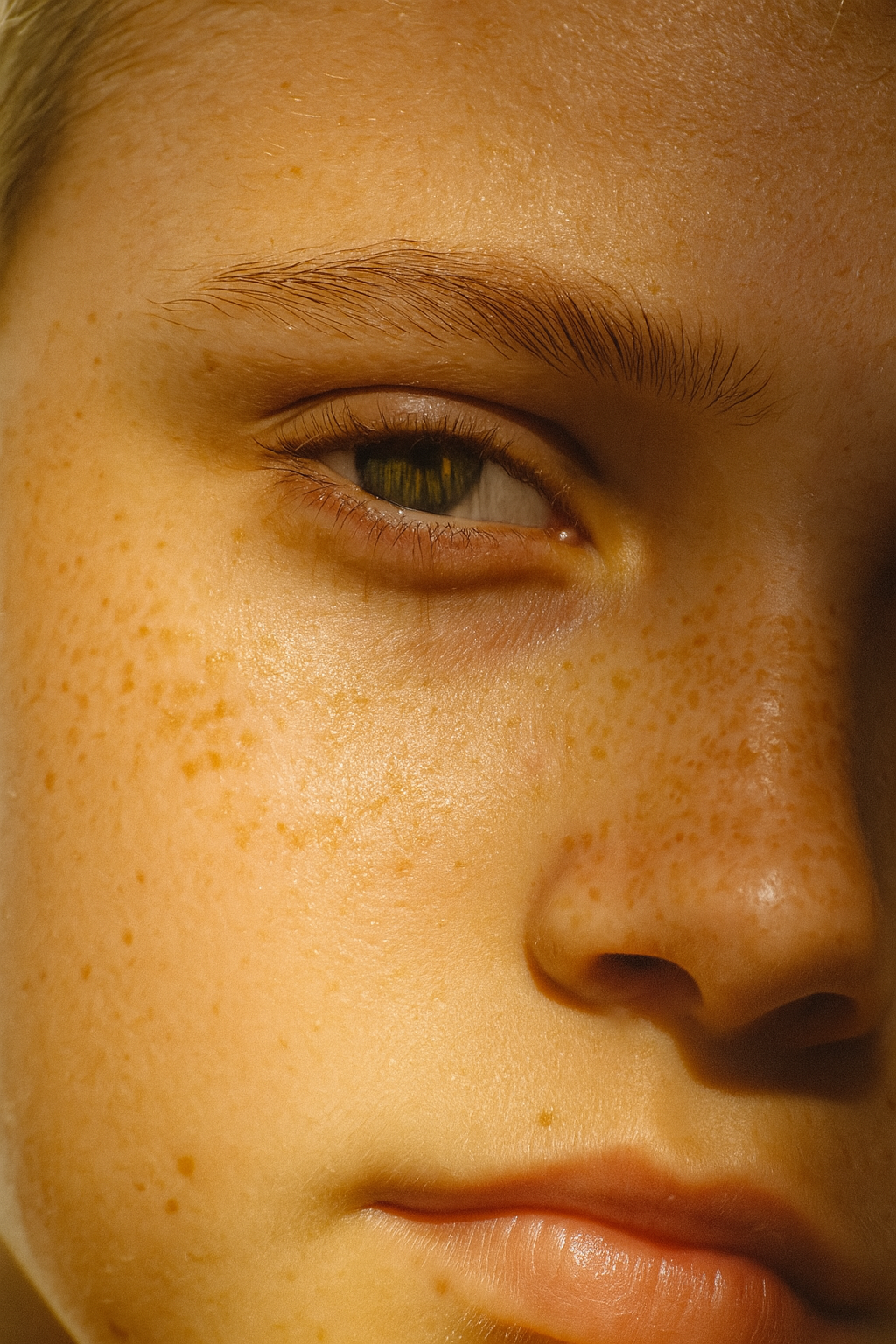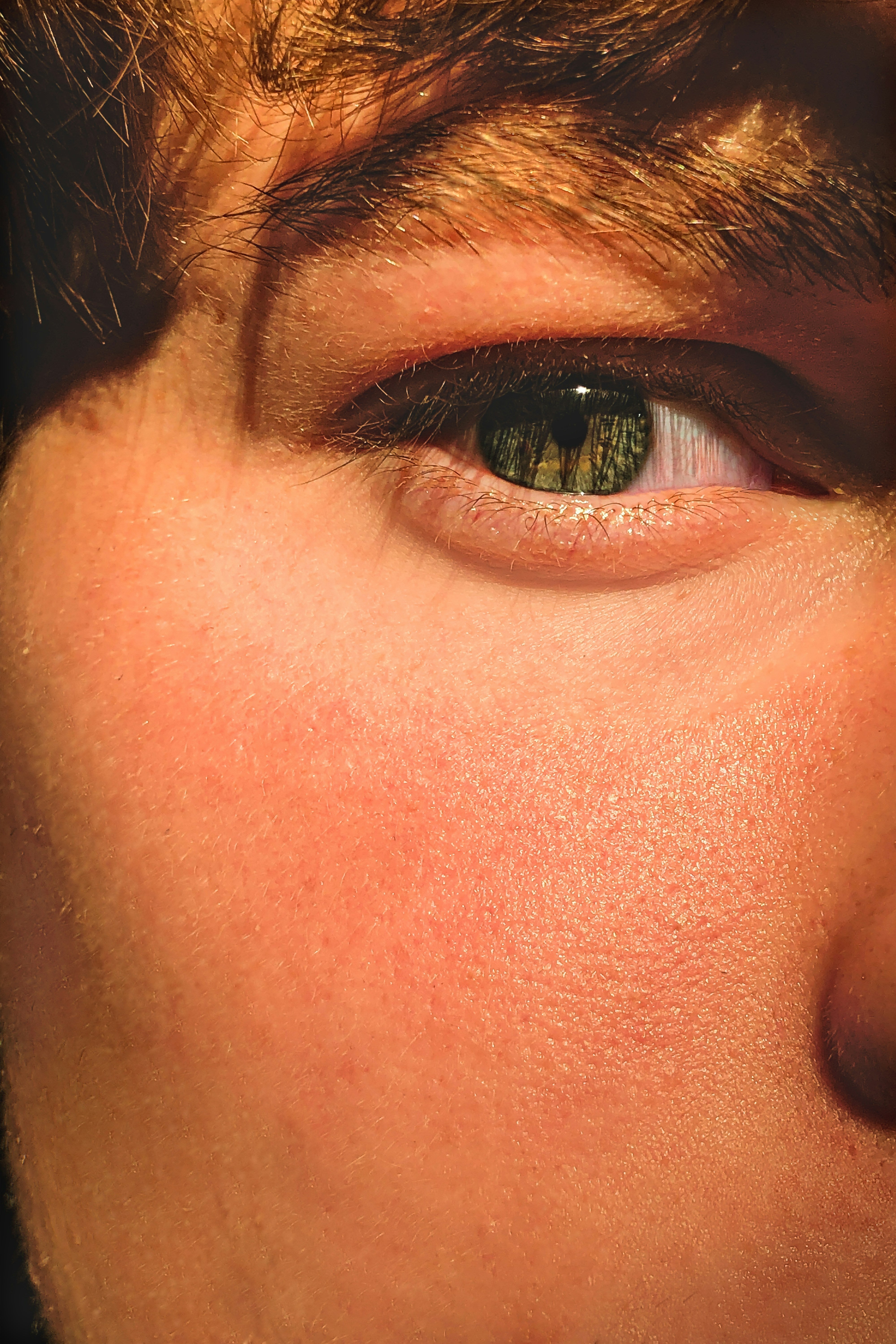
Barrier Support 101: How to Strengthen and Rebuild Your Skin
If your skin feels tight, reactive, or prone to flare-ups- especially after sun exposure, over-exfoliation, or using too many actives- chances are your skin barrier needs some love.
Your barrier is your skin’s first line of defense. And when it’s healthy, your skin looks smoother, feels calmer, and is more resilient to everything from environmental stressors to breakouts.
Here’s what the skin barrier is, how it gets damaged, and how to rebuild it with ingredients that support healing- not irritation.
What Is the Skin Barrier, Really?
The skin barrier, also called the moisture barrier or acid mantle, is the outermost layer of your skin. It’s made up of skin cells (like bricks) held together by lipids (like mortar), and it:
-
Seals in moisture
-
Keeps out irritants and bacteria
-
Maintains pH and skin health
When it’s strong, skin stays hydrated, balanced, and less reactive. But when it’s compromised? That’s when things start to go sideways.
Signs Your Skin Barrier Might Be Damaged
-
Sudden sensitivity to products
-
Flaking, rough texture, or tightness
-
Redness or inflammation
-
Stinging or burning when applying skincare
-
Breakouts that don’t respond to typical treatments
These symptoms often show up after doing “too much” like over-exfoliating, layering multiple actives, or even just dealing with extreme weather or travel.
How to Rebuild Your Barrier
The good news: with the right ingredients and a gentler approach, your skin can repair itself surprisingly fast.
Here’s how:
1. Simplify Your Routine
When your barrier is compromised, less is more. Strip your routine down to the essentials:
-
A gentle cleanser
-
A soothing moisturizer
-
A barrier-supportive serum
-
SPF (zinc oxide only!) during the day
2. Look for Barrier-Strengthening Ingredients
Some of the most effective barrier supporters are:
-
Jojoba oil – mimics skin’s natural oils without clogging pores
-
Squalane – a stable emollient that softens and strengthens
-
Niacinamide (Vitamin B3) – reduces redness, improves texture, and supports barrier repair
-
Bakuchiol – a plant-based alternative to retinol that smooths and firms without irritation
-
Zinc oxide – a mineral sunscreen active that soothes while protecting
3. Support Skin Daily with These Alder New York Favorites
-
Nourishing Cream
Rich in jojoba oil and bakuchiol, this daily cream deeply hydrates while helping reduce fine lines and irritation. -
Hydrating Oil
With marula, jojoba, and abyssinian oils, it seals in moisture and restores skin’s softness without feeling greasy. -
Balancing Serum
Formulated with 5% niacinamide and willow bark, it gently evens tone, reduces redness, and supports a healthy skin microbiome. -
Clarifying Face Mask
Use once or twice a week to soothe flare-ups and support clear, calm skin- no drying or cracking here.
4. Avoid These Common Barrier Stressors
-
Over-exfoliating (chemical or physical)
-
Harsh foaming cleansers
-
Fragrance
-
Extreme weather exposure without protection
-
Alcohol-heavy toners or acne treatments
How Long Does It Take to Heal the Barrier?
With the right products and consistency, many people notice improvement in as little as 3–7 days. For deeper barrier repair, give it 2–4 weeks of barrier-focused care- and avoid introducing new actives during this time.
Bottom Line: Healthy Skin Starts with a Healthy Barrier
If your skin feels like it’s in panic mode, don’t reach for harsher solutions- reach for support. Your barrier is your skin’s foundation. When you care for it, everything else improves.




Leave a comment
This site is protected by hCaptcha and the hCaptcha Privacy Policy and Terms of Service apply.